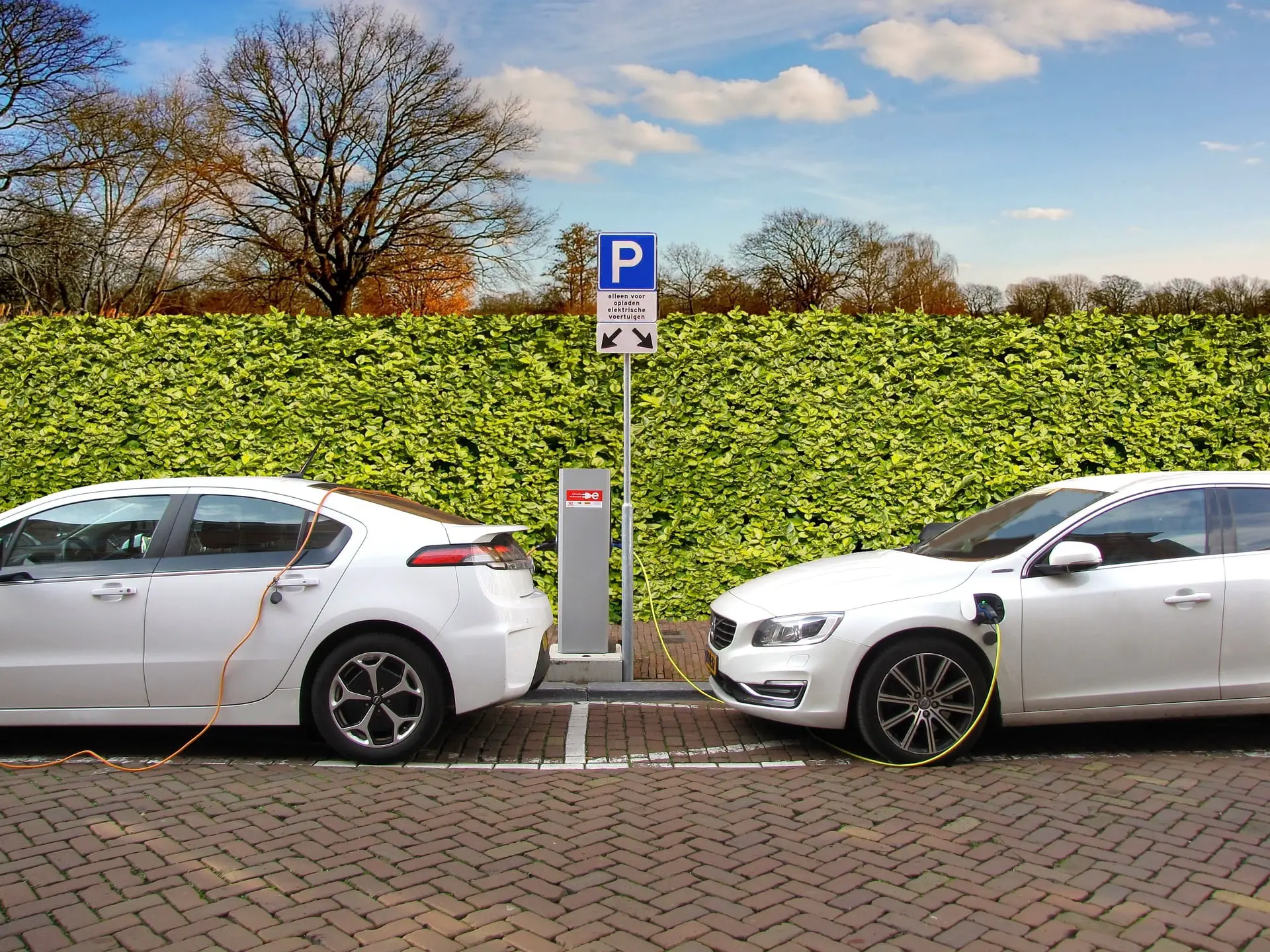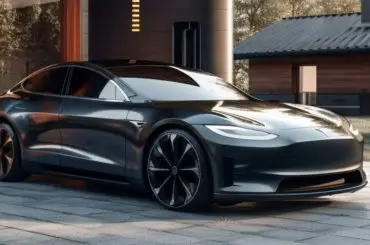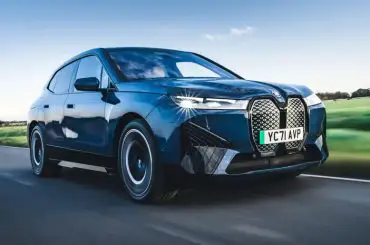Find The Best EV For Your Life – Introduction
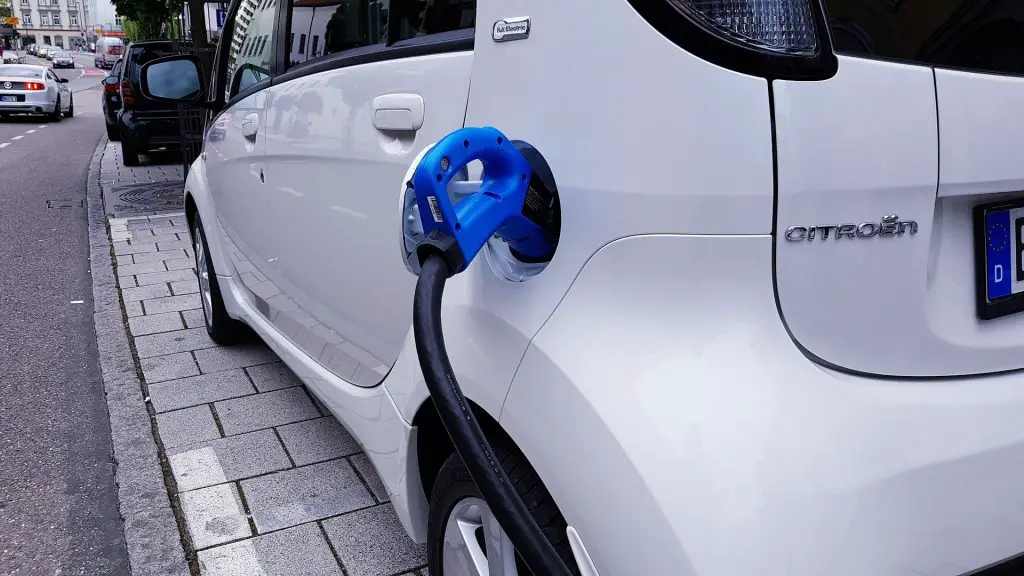
Electric vehicles are a great way to get around without worrying about gas prices and emissions. They’re also an eco-friendly alternative that can help you reduce your carbon footprint. However, before you rush out and buy your first EV (or even your first vehicle!), you’ll want to consider your lifestyle and how you intend to use it. We’ve put together this guide so you can find the right EV for yourself:
Electric vehicles are getting more popular every day. But there’s no doubt they’re still less common than gas-powered cars or hybrids. That’s why it can be essential to find the right EV for your lifestyle. To help you make this decision, we’ve put together some tips on what matters most when choosing an electric vehicle: budget, cargo space, and range.
Electric vehicles are an excellent option for the future, but they have some steep hurdles to overcome first. If you’re considering buying an electric car, here’s are more facts that you need to know about EVs and how to find the one that’s right for your life.
Determine what you need
Before you buy an EV, it’s essential to determine what you need. You should know your driving style and how often and where you drive each day. If you live in a city or have access to many public transportation options, you might need something other than an all-electric car.
If possible, talk with friends who own EVs and ask them about their experiences with each vehicle they own—the more information available on these vehicles will help inform your decision-making process!
Prioritize your needs
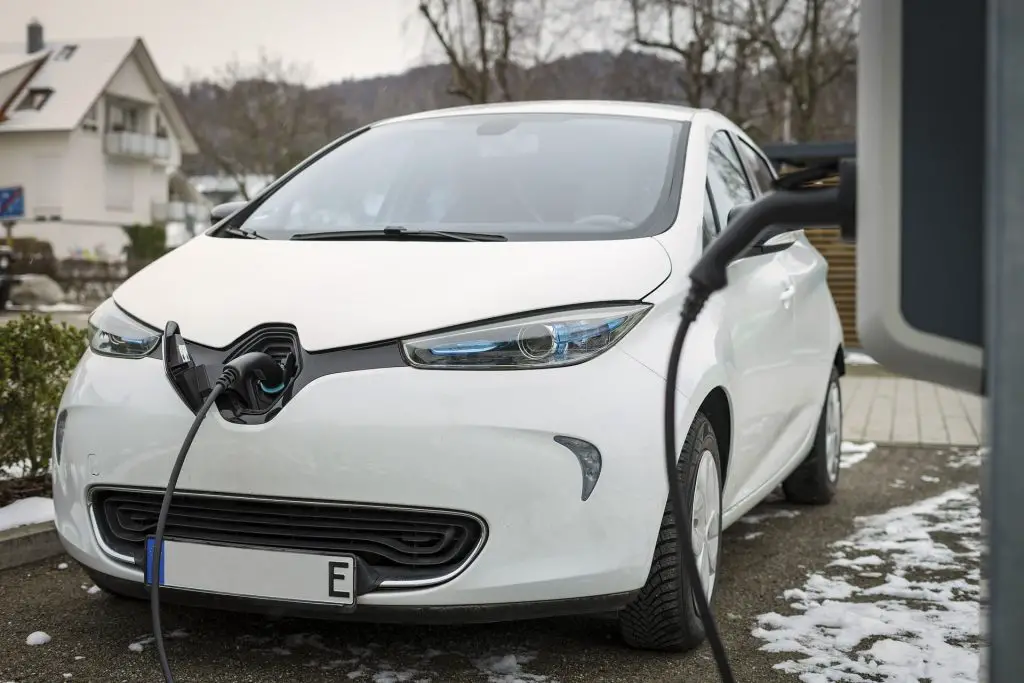
Before you start shopping, think about what you need in an EV. Are you looking for something that will get excellent gas mileage? Do you want a family car? How much room do your kids need, and how far do they have to travel on school buses daily? These questions can help narrow down your options as well as help determine whether or not an electric car is right for your lifestyle.
• Do you have children or pets?
• How many passengers will be in your car?
• How much cargo do you need to transport?
• What kind of family vehicle are you looking for? If it’s going to be a commuter car, what kind of mileage range do you want (and how much money will that cost)?
• Do you want an SUV or sedan with lots of cargo space and seating for all members of your family or only one person at a time—or no one?
• What type of pets do we have in our house: cats, dogs, birds…etc
• Do you need a large trunk?
A compact vehicle might be best for you if you’re looking for a car that can handle large items. Compact cars are typically more affordable than SUVs and are easier to park in tight spaces. For example, the Toyota RAV4 is one of our top picks because it has enough space for passengers and cargo alike—but still manages to be small enough for urban driving.
If your lifestyle calls for more space than what an SUV offers (or if you’d like to take advantage of its features), we suggest going with something more significant like the Honda Pilot or Nissan Pathfinder (both have similar interior dimensions).
It would help if you also considered how much money is available for this purchase and whether any additional costs are associated with using electricity instead of gasoline (such as charging stations). If possible, try and determine if Consumer Reports or Edmunds has tested the vehicle; these organizations will provide insight into its reliability and safety ratings—which may ultimately determine if purchasing one particular model over another makes sense financially speaking!
Smaller cars have shorter ranges than larger ones. This is because there’s not enough room for batteries of different sizes in the exact vehicle (hence why electric cars tend to be larger than gas-powered ones).
Cold weather affects battery performance more than hot weather does. A colder climate requires more energy to keep things running correctly. It happens due to increased resistance from air molecules rubbing against each other inside your car’s engine block or undercarriage components like suspension arms and brake calipers (which take more electrical power from your battery pack).
Research your options
If you’re not sure which EV to choose, it’s best to research your options. There are several different EV types, and they come in many shapes, sizes, and brands. You can even find a few models of electric vehicles that are hybrids or plug-in hybrids—a type of hybrid that runs on electricity for about 30 miles before needing to be recharged by an external source (such as a wall outlet).
If you still need to figure out what type of car would work best for your lifestyle needs, research the features available in each trim level at various price points. So that when choosing one model over another, there will be no surprises later on down the road when something breaks unexpectedly. No one ever thought about buying warranty coverage when purchasing anything new.
Vet your dealerships
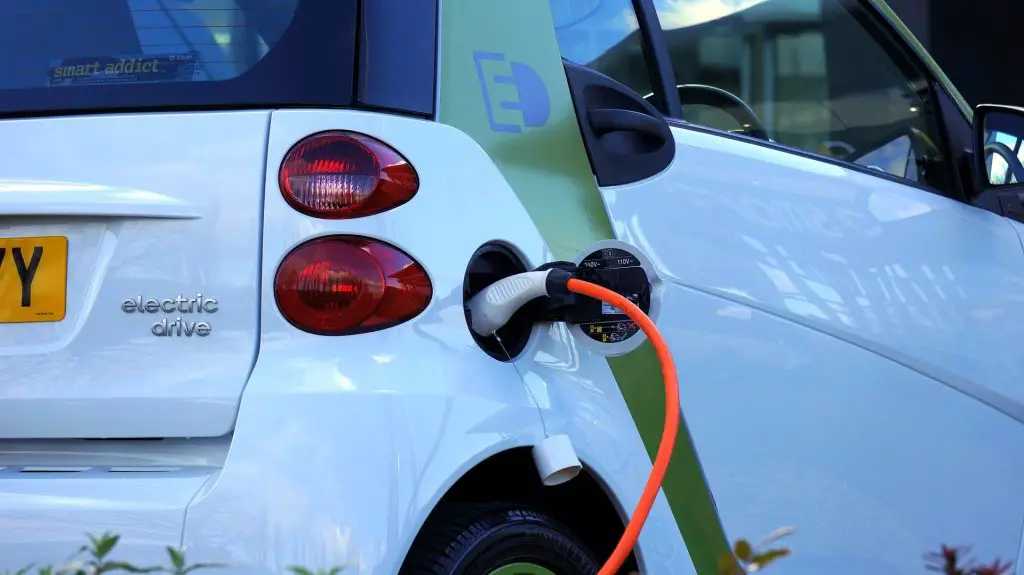
Now that you know what to look for in an EV go ahead and start shopping. But before you do so, it’s important to vet your dealerships. If a dealership won’t sell you an electric vehicle or has never offered one before (or if they have only sold hybrid cars), don’t waste your time there—even though they might have the best deal on paper.
You can check their website or call them and ask fundamental questions about how their business works: Do they offer financing options? How much does it cost for service? What kind of warranty do I get with my purchase? Can I bring my car in if something goes wrong with the battery?
Test drive your top picks.
You should take your top pick for a test drive. This way, you can get an idea of how it drives and performs in different conditions, as well as check its range.
Drive the car on hills, traffic, and long stretches of road (if applicable). If you live near an urban area with lots of hills or highways, this will help determine whether or not your model has adequate power when climbing steep inclines or traveling through busy traffic areas. You should also try out your vehicle’s handling at high speeds while using cruise control—the faster you go around corners, the better chance there is that something could go wrong!
You can find the EV that’s right for you.
As earlier said, there are 3 main facts you should consider. They are;
Consider your needs: What are the things that are important to you? For example, if you need a lot of cargo space and don’t want to pay extra for an SUV, look at models with large trunks or hatchbacks. If you want to drive an electric vehicle but are okay with giving up some powertrain range (or if your commute doesn’t take long), check out cars with small batteries or those that allow you to charge at home overnight.
Consider your budget: How much money do we have in our lives? Do we have enough left after paying off debt and saving up for retirement to afford something nice without having any regrets later on down the road?
Consider where we live: Are there places near where I work where public charging stations exist nearby my house? Or would it be easier not to worry about charging every night instead of just plugging in once every few days during peak hours when everyone else is using their cars too often because they have families too?
Once you’ve narrowed down your top choices, it’s time to shop around and find the right vehicle for your life. Many things can affect how much an electric car costs (like how long it will last or what type of charging stations are in the area), so we recommend getting quotes from multiple dealerships before deciding which car might work best for you. You should also consider factors like range limitations and safety features when making your next purchase!
What is your budget?
When buying an electric vehicle, there are plenty of factors to consider. The most important one is your budget. When you are shopping for an electric vehicle, the first thing that you need to do is decide on a price range. If you are planning on getting an electric car but only have enough in your budget for a used model, there are several things to consider. If you’re on a tight budget and can’t afford more than $30,000 for a car that’s going to cost thousands per year in fuel costs (and maintenance), then leasing may be the way to go.
However, suppose you have lots of extra cash and would like something that looks nicer than the average EV model available or want all those bells and whistles. In that case, you’ll need at least $50k+ before finding something with anything close to optimal range or performance capabilities.
Suppose this sounds like your situation: great news! There are plenty of affordable options out there right now (like Nissan’s Leaf). But if not, look no further than Tesla Motors’ Model S P100D Ludicrous Edition, which starts at $120K but can be had for as little as $90K, depending on how many options are selected when ordering online through their website.
Do you need to pull a trailer?
If you need to tow a trailer, it’s essential to know some differences between EVs and EVs with larger batteries. The larger battery will have more range and be able to charge faster than an EV with a smaller battery. It also has a higher capacity and can handle more weight without breaking down or losing power.
How far do you travel daily?
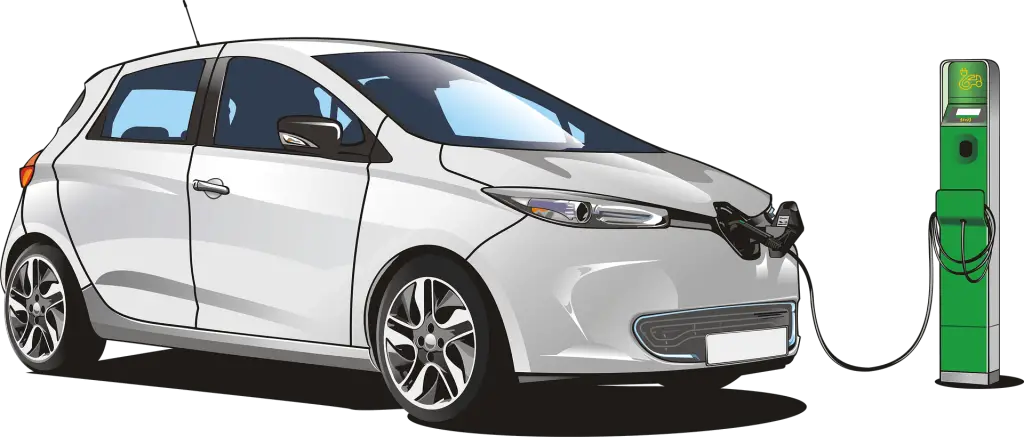
In the next section of this guide, we’ll talk about how far you travel daily and what kind of EV fits your lifestyle. If you plan on driving more than 100 miles a day on average (or if you already do), you might need an all-electric vehicle to be suitable for you. However, an electric car is needed if your daily commute is less than 50 miles round-trip and you don’t mind waiting several hours every morning before driving to work!
Chevrolet is the name to look out for if you’re looking for an electric car that best suits your lifestyle. The brand has been producing and selling EVs since 2006, with the first model being the Volt before it was replaced by newer models like Bolt and Spark EVs.
The company offers a variety of vehicles in different categories. They are:
- Compact SUVs – Chevrolet Cruze and Trax
- Mid-sized cars – Equinox SUV, Malibu sedan (and soon Camaro ZL1).
- Full-size cars – Corvette Stingray sports car
If you are planning on getting an electric car but only have enough in your budget for a used model, there are several things to consider.
What type of battery is in the vehicle? A good rule of thumb is that if it looks old or damaged, don’t buy it. Check out your car’s history and ensure it has been appropriately maintained. A mechanic can advise how long ago this particular model was built and what maintenance needs to be done regularly (like oil changes).
Does this particular car come with a warranty? Ensure that the warranty covers the battery itself and any damage caused by driving over bumps or potholes along your route! You’ll want peace of mind when making such an important financial decision—and proof that all repairs will be covered makes everything much more accessible!
Consider the Interior Design
Once you have decided what vehicle is best for your needs, it’s time to consider the interior design. It’s essential to figure out how much space you need and whether or not this will affect your overall parking experience. The driving experience of an electric vehicle is also very different from that of a gas-powered car.
If you want something less expensive than a hybrid car, consider buying an all-electric vehicle. They also tend to have a lot of storage space, which is great if you’re looking for something with a lot of luggage space or other belongings that can be carried around quickly and easily. However, electric vehicles have less passenger room than gas-powered vehicles because they don’t need extra engines or transmissions; therefore, they don’t need as much room under their hoods (or front seats).
Electric cars are also more expensive than their gasoline counterparts—but if cost isn’t an issue for you, then this might not matter too much!
It’s essential to figure out how much space you need and whether or not this will affect your overall parking experience. If you’re shopping for an EV, you’ll want to consider how much room is available in your driveway, garage, and house.
Electric vehicles take up less space than gas-powered cars, making them easier to park in small spaces such as garages or driveways. You can fit two electric vehicles with plenty of room left over on either side for others coming by later that day!
Electric vehicles are quieter than gas-powered cars. This is because the electric motor does not have as much noise, so there is no need for a muffler or other sound-deadening devices in an EV.
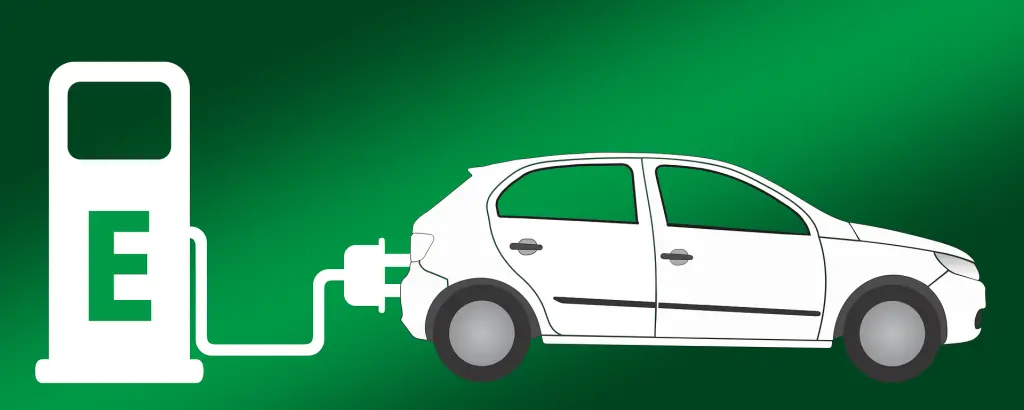
The acceleration and deceleration of an electric vehicle are smooth, but they can be more responsive than those of conventional gas-powered cars. This is because the regenerative braking system uses electricity generated by the battery pack to slow down or speed up the vehicle without using any fuel at all—it’s like driving on ice!
Electric vehicles also have a lower center of gravity than their gasoline counterparts. This is due to their weight distribution being shifted towards the front wheels instead of evenly distributed across all four tires, as they would be if they were powered by internal combustion engines (ICE).
EVs have lower maintenance costs, operating costs, and longer ranges than hybrids. In addition, they will usually have higher resale values because of their low price tags and better fuel economy.
There are so many factors to remember when purchasing an EV, like price range, fuel economy, and driving experience.
Price range – The first thing to consider is how much you’re willing to spend on your electric vehicle. You can find out the average price for an electric car by looking at reviews from different websites or talking with friends who own them.
Fuel economy – Next up on our list is fuel efficiency—how much energy it takes for your car to go 100 miles compared with what other cars require per mile traveled (e.g., gas). Generally speaking, this statistic depends on how much power is being used while driving and whether or not there’s heavy traffic along the way; however, some EVs have been shown capable of getting more than 200 miles between charges!
Find The 30 Best Electric Cars To Buy RIGHT NOW!: https://www.youtube.com/watch?v=ZCq1WX62fbg
What can electric cars tow?
As you can see, electric cars have a lot of potential to tow. The biggest question is: how much weight can an EV tow?
The maximum towing capacity of an electric car is determined by the number of wheels in your vehicle (four) and whether or not it has GVWR (Gross Vehicle Weight Rating) or GCWR (Gross Combined Weight Rating). To learn more about how much weight an EV can pull behind it without breaking down, check out our guide on Towing Capabilities here!
How long does it take to charge an EV?
How long it takes to charge an EV depends on the type of EV, your charging station, and your car’s battery. Fast chargers can charge most EVs in less than an hour; however, if you use a standard 5kW charger or slower at home or work with an electric vehicle (EV) that has a smaller capacity battery pack—like the Fiat 500e—you may need more time to charge fully.
The amount of time required for each stage varies depending on how fast the charger can supply power to the vehicle’s battery pack:
Level 1 Charging: Less than 3 hours (if using CHAdeMO DC quick charging technology) or 2 hours (if using SAE J1772 compliant DC quick charging technology).
Level 2 Charging: About 8 hours if using CHAdeMO DC quick charging technology; 12–14 hours if using SAE J1772 compliant DC quick charging technology.*
You’ll want to consider your lifestyle and how you intend to use your car before purchasing an EV.
Before you buy an electric car, you must consider your lifestyle and how you intend to use your vehicle. There are two main types of vehicles: BEVs (Battery Electric Vehicles) and PHEVs (Plug-In Hybrid Electric Vehicles).
The first thing you’ll need to decide is whether or not your family needs an EV. If so, which kind should they look at? The short answer is that there’s no perfect option for everyone; everyone will have different needs based on their preferences and goals. However, there are some general guidelines we can follow when thinking about this decision:
You should consider what type of commute or errands need doing during the week—will public transportation make these trips, or do they require frequent stops along the way? If so, then perhaps a shorter range is necessary for safety reasons since most buses don’t go far enough away from home before having to recharge themselves again.
Conclusion
Well, there you have it. If you are still trying to decide which EV is right for your life and budget, this guide should have helped to narrow down your choices. Remember that no matter what type of EV you choose, there are many different options, so be sure to research before investing in something new!
We hope this guide has helped you to understand what an EV can do for your life and how they can fit into it.
How Often Do You Have To Charge An Electric Car? https://myautopet.com/how-often-do-you-have-to-charge-an-electric-car/

